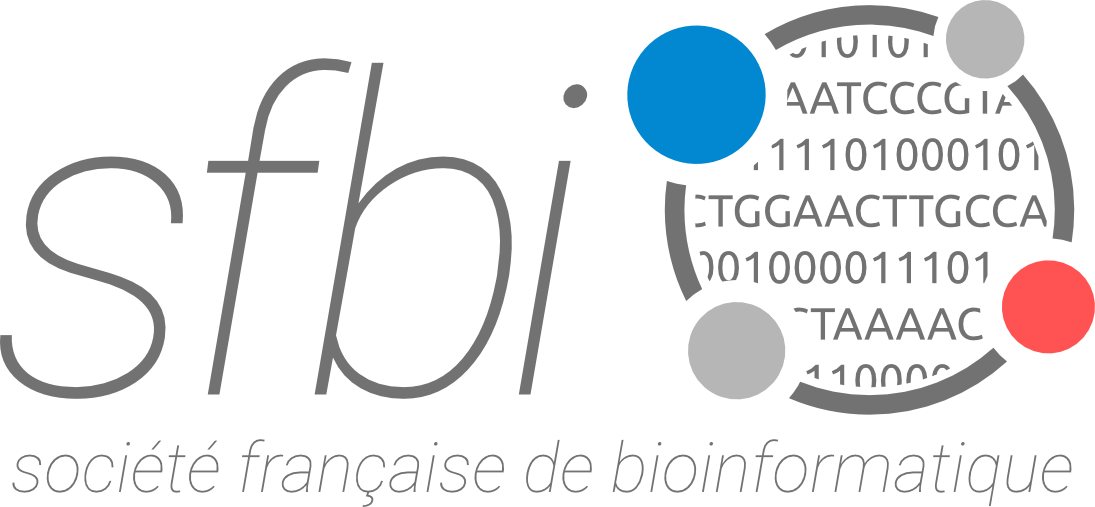24-month Post-doc Position
CDD · Postdoc · 24 mois Bac+8 / Doctorat, Grandes Écoles UMR SESSTIM · Marseille (France)
Date de prise de poste : 1 septembre 2024
Mots-Clés
Genetic epidemiology, Bioinformatics, Biostatistics, Artificial Intelligence or Public health
Description
RESEARCHER PROFILE: Postdoc / R2: PhD holders
RESEARCH FIELD(S)1: Biological Sciences, Medical Sciences, Computer Sciences
MAIN SUB RESEARCH FIELD OR DISCIPLINES1: Genetic Epidemiology, Epidemiology, Bioinformatics, Artificial Intelligence
JOB /OFFER DESCRIPTION
Malaria transmission persists in Sahelian West Africa and is re-increasing since 2020. Transmission of Plasmodium falciparum parasite occurs mainly during the wet season, between July and November, and is largely absent from the dry, hot season. Characterizing the P. falciparum genetic diversity is key to understanding parasite transmission dynamics and addressing the following questions: Which individuals act as reservoirs during the dry season? Who transmits the parasite? How does population movement impact transmission? What is the impact of malaria control measures (such as bednets and chemoprophylaxis) on the parasite population? Answers will be crucial for the eradication of the disease.
In this context, we conducted in 2021-2022 a one-year cohort study in Kedougou district, Senegal (600 participants in 4 villages), and in Kati and Timbuktu districts, Mali (300 participants in 2 villages each). We aimed to characterize parasites infecting asymptomatic participants at the different seasons (dry season, onset and end of the high transmission season), and monitoring the occurrence of clinical episodes. We collaborated with Wellcome Sanger Institute’s MalariaGEN to barcode >600 clinical falciparum malaria episodes diagnosed by healthposts or community healthworkers and detected 952 P. falciparum infections by qPCR, currently undergoing barcoding.
This project aims to analyse the genetic structure of Plasmodium falciparum populations, in order to shed light on inter-individual and community transmission at the local scale (household, village) with a transdisciplinary approach integrating genetic epidemiology, geo-epidemiology and artificial intelligence.
The main goals are:
-
to analyse the relationships between Plasmodium genotypes causing symptomatic and those detected in asymptomatic carriers
-
to identify clusters of individuals infected by the same parasite lineage, and identify transmission chains
-
to establish if genetic distance across pairs of samples (as measured by Fst or IBD) is driven by geographic distance, time between two samples, or obeys to more complex patterns.
After obtaining genetic distance and cluster parasites in lineages in collaboration with Antoine Claessens’ team in LPHI Montpellier, the postdoc will analyse genetic diversity and associated factors, then leverage AI methods to predict genetic distance and lineage clustering between pairs of samples using supervised and unsupervised methods.
In parallel, we are currently recruiting a much larger cohort in the same area in Senegal, to analyse the impact of Mass Drug Administration on the host and parasite. Genotyping data will be available in 2026, and this position will be extended for another 2 years (funding already available from ANR grant).
The postdoc will join the “Geoepidemiology and Global Health” group (GeoEpi) at SESSTIM, led by Pr Jean Gaudart. The group develops expertise in epidemiology and health geographics of malaria and other infectious diseases, spanning from investigating transmission to intervention evaluation. For this highly interdisciplinary project, the postdoc will work with Dr Jordi Landier (GeoEpi) in close interaction with the SESSTIM AI group led by Dr R Ureña, and with experts in Plasmodium genomics, parasitology and bioinformatics in Dr A Claessens group (LPHI, Montpellier). Malaria Research and Training Center in Bamako, Mali (Pr A Djimde, Pr I Sagara) as well as IRD Dakar (Dr EH Ba) and Thiès University (Pr JL Ndiaye).
Frequent collaboration visits to UMR LPHI, équipe GATAC, Université de Montpellier, 34000 Montpellier, France
TYPE OF CONTRACT: TEMPORARY / JOB STATUS: FULL TIME / HOURS PER WEEK: 35h
APPLICATION DEADLINE: 31/05/2024 23:59
ENVISAGED STARTING DATE: 01/09/2024
ENVISAGED DURATION: 24 months
JOB NOT FUNDED THROUGH AN EU RESEARCH FRAMEWORK PROGRAMME
WORK LOCATION(S): UMR SESSTIM, équipe QuanTIM, Faculté des Sciences Médicales et Paramédicales de la Timone, 25-27 Bd Jean Moulin, 13005 Marseille, France
WHAT WE OFFER:
- Post doc statutory salary determined by Aix Marseille Université – around 2 082.39 euros per month after taxation
- A two-year extension from an already acquired ANR grant.
- A vibrant environment with expertise in epidemiology, molecular biology and population genetics, with multiple international collaborations.
Additional information: The Euraxess Center of Aix-Marseille Université informs foreign visiting professors, researchers, postdoc and PhD candidates about the administrative steps to be undertaken prior to arrival at AMU and the various practical formalities to be completed once in France: visas and entry requirements, insurance, help finding accommodation, support in opening a bank account, etc. More information on AMU EURAXESS Portal
QUALIFICATIONS, REQUIRED RESEARCH FIELDS, REQUIRED EDUCATION LEVEL, PROFESSIONAL SKILLS, OTHER RESEARCH REQUIREMENTS
PhD in: Genetic epidemiology, Bioinformatics, Biostatistics, Artificial Intelligence or Public health with a focus on quantitative methods
Strong knowledge of Machine Learning and Python and/or R programming
Strong interest for applied/operational research and interdisciplinarity
Proficiency in scientific writing required
Background knowledge in: Public Health, Infectious Diseases, Biology, and/or Spatial epidemiology
Soft skills: Teamwork, Analytical and critical thinking, Ability to work in a multicultural/multilingual context
Languages: English (C1 and over), French (A2 and over)
REQUESTED DOCUMENTS OF APPLICATION, ELIGIBILITY CRITERIA, SELECTION PROCESS
Resume (highlighting up to 5 main publications)
Motivation letter
Email address of two former employers willing to provide a reference.
HOW TO APPLY
E-mail: jordi.landier@ird.fr, antoine.claessens@umontpellier.fr, raquel.urena@univ-amu.fr, xavier.sau@univ-amu.fr
Candidature
Procédure : REQUESTED DOCUMENTS OF APPLICATION, ELIGIBILITY CRITERIA, SELECTION PROCESS Resume (highlighting up to 5 main publications) Motivation letter Email address of two former employers willing to provide a reference. HOW TO APPLY E-mail: jordi.landier@ird.fr, antoine.claessens@umontpellier.fr, raquel.urena@univ-amu.fr, xavier.sau@univ-amu.fr
Date limite : 31 mai 2024
Contacts
Antoine Claessens
anNOSPAMtoine.claessens@umontpellier.fr
Offre publiée le 3 avril 2024, affichage jusqu'au 31 mai 2024
